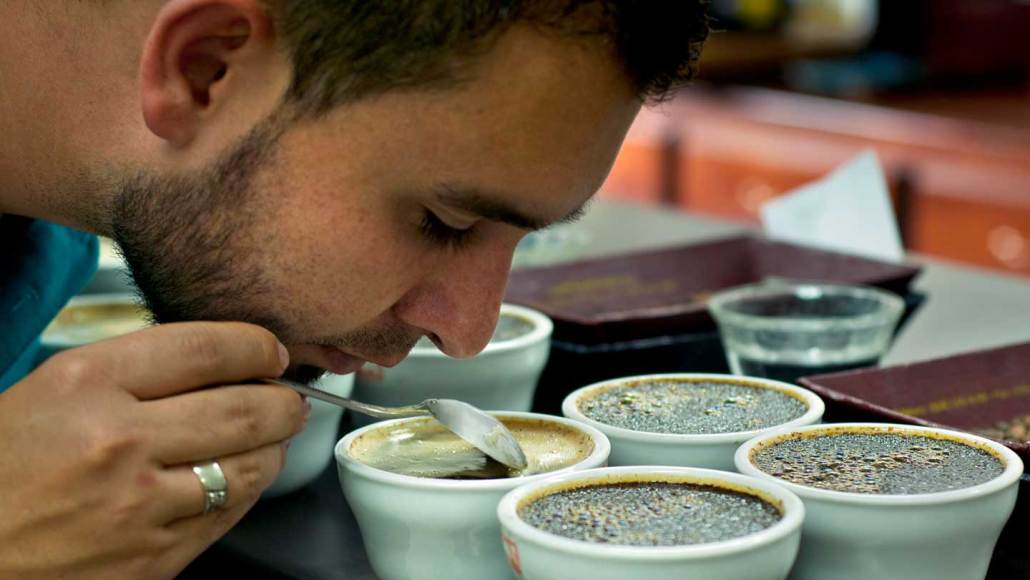COVID-related smell loss may last years
A scratch-and-sniff test revealed people’s ability to detect scents two years after infection

After COVID-19, some people may experience smell loss, a symptom that may persist for years.
John Coletti/Getty Images







